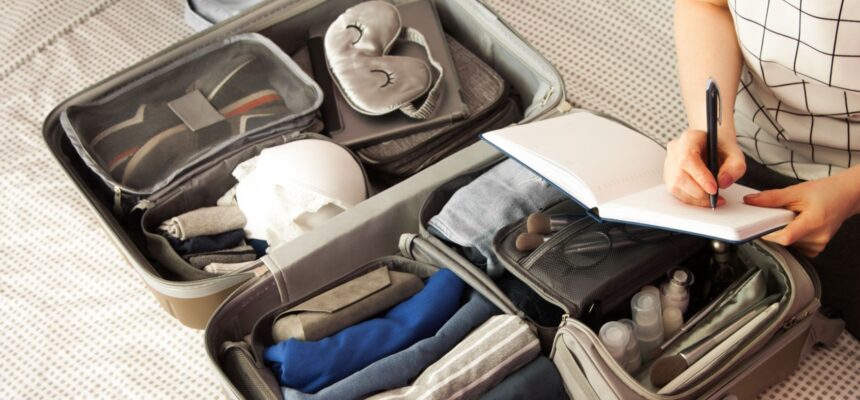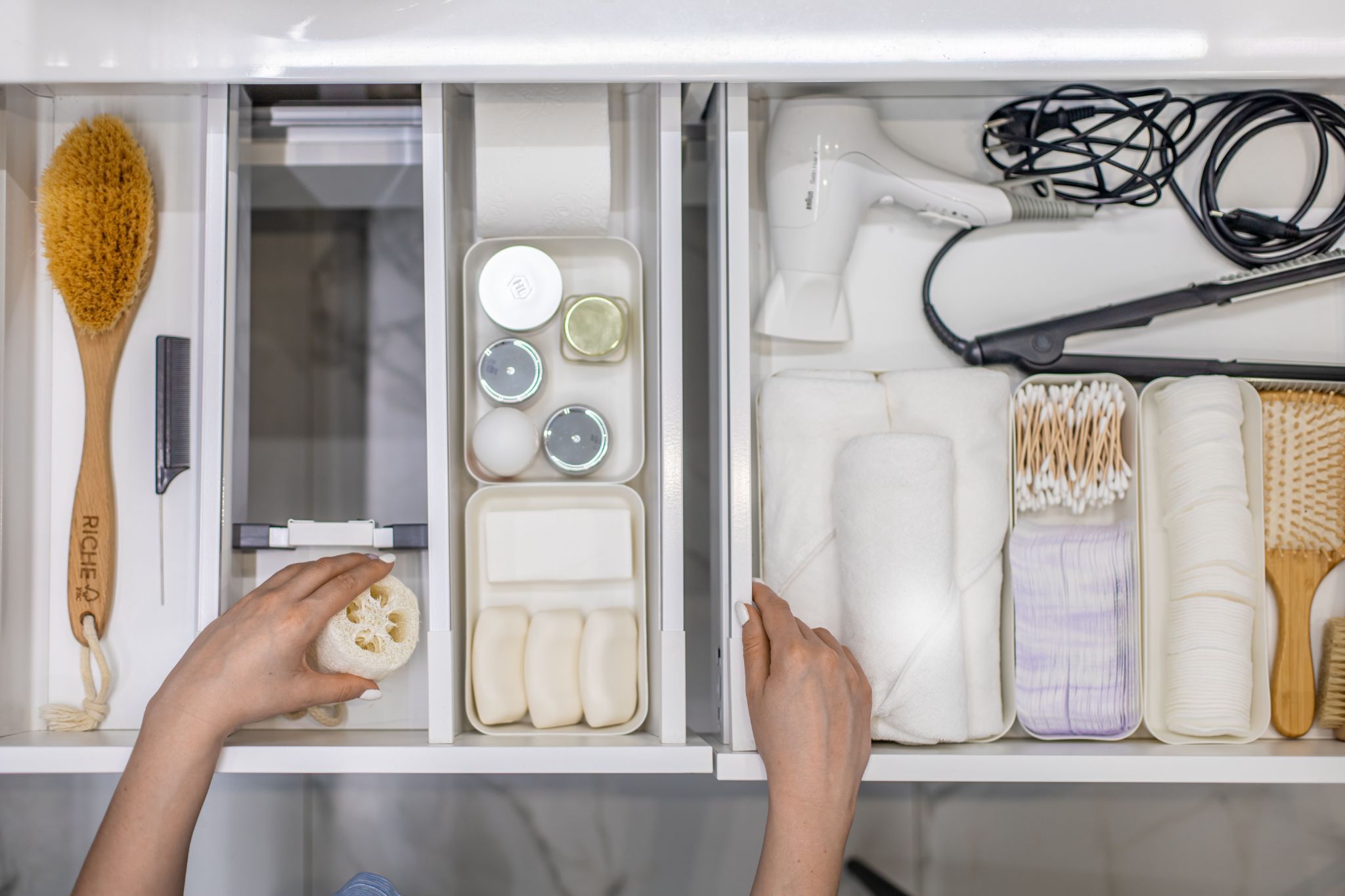
What Can I Bring to Rehab?
Getting addiction treatment for your substance abuse is a rewarding step on your way to recovery. Rehabs offer a unique opportunity to focus entirely on your personal development and health in a non-judgmental, communal atmosphere.
Although not the same as packing for a vacation, packing for rehab should be an exciting experience as you realize you’re about to make a decision that will change your life for the better.
If you’re not entirely sure what you can and can’t bring along with you, this comprehensive list is sure to help.
Necessities to Bring With You to Rehab

If you’ve already committed to treatment at a drug rehab or recovery center, it’s vital you know what you need to bring along to make your stay comfortable.
Many treatment centers will provide you with a packing list specific to their programs and facilities, and your packing may be affected if you’re booking a long-term stay, so keep in mind to add extras of each of these items to cover the entirety of your residential treatment. There is a 2 bag limit, so be sure to only bring items you will need during your treatment.
Toiletries and Hygiene Products
We provide all hygiene products, but you are free to bring your preferred products. All toiletries and hygiene products should be unopened, alcohol-free, and in their original packaging.
A good rule of thumb is to pack enough of each of the following essentials for at least a month.
- Toothbrush
- Toothpaste
- Deodorant
- Shampoo and conditioner
- Hairstyling products: Only pump bottles will be allowed.
- Shaving cream
- Sunscreen: You may be spending a significant time outdoors, so protection from the sun is vital.
- Makeup: Stick to the essentials as heavy makeup will not be permitted by the center.
- Skincare products and lotions
- Feminine hygiene products
- Hairdryer or hot iron
- Lip balm
- Mouthwash – Alcohol Free only
Important Documents
Things like debit or credit cards are usually unnecessary if you’ve paid for your treatment beforehand.

However, the following should be on your packing list:
- Identification documents: Usually, your ID or driver’s license should suffice.
- Health insurance card or documentation
- Doctor’s prescriptions: If you take any chronic prescription medication, bring along your original doctor’s prescription.
- Cash: Up to $100 in small denominations is usually fine. Managers will go to the store to purchase items for you until you are able to do so yourself..
- List of contact details of people who you want to be involved in your treatment: Including 12-step sponsors, family members, loved ones, and health care providers.
- Pharmacy card: This is especially important if you’re planning a longer stay and may require medication at some point during your treatment.
Prescription Medication
- Sealed, doctor-prescribed medication along with the original prescription.
- Vitamins and supplements: They are usually allowed provided they are unopened.
Clothing
- Comfortable, weather-appropriate outfits: These should also comply with the rehab center’s dress code. Good examples are jeans, sweatpants, knee-length shorts, T-shirts, button-downs, and sweaters.
- Comfy shoes
- A couple of dressier outfits for events and special occasions like family night.
- Underwear
- Bathing suit: This is usually a full one-piece for women and knee-length shorts for men.
- PJs
- Bathrobe
- Flip flops for showering.
- Hats: Hats are usually not allowed indoors but are helpful if spending a lot of time outside.
- Warm clothes like jackets or sweaters
- Clothes suitable for exercise and outdoor activities: These should be modest, as some facilities don’t allow crop tops, leggings, or shorts above the knees.
Miscellaneous Items
- Reading materials
- Essential jewelry: Items like wedding rings or jewelry with sentimental value.
- A notebook
Things You May Not Have Considered Bringing

- Linen, blankets, pillows, and towels: These may be provided by the facility, so call and check beforehand.
- Photos of family members
- Sketchbook or journal
Things You May Be Able to Bring
Some treatment facilities will allow these items, while others won’t. Call to check before packing them.
- Razors
- Aerosol sprays
- Cigarettes: If you’re not getting treated for nicotine addiction, cigarettes may be allowed. Check with your treatment center.
- Cell phone: This varies greatly from center to center, and some may only let you use your phone at a specific time each day or not at all.
- Electronic devices like cameras, laptops, and MP3 players.
- Nail clippers
Things You Should Not Bring to Rehab

Rehab facilities are designed to help you focus on your treatment and recovery from alcohol or drug abuse. Anything that may hinder your efforts or distract from your program should be left at home, including1:
- Drugs or alcohol
- Vehicles
- Weapons
- Drug or alcohol-related paraphernalia
- Alcohol containing toiletries like mouthwash, nail polish remover, or perfume.
- Food, drinks, or snacks from home usually won’t be allowed.
- Expensive jewelry
- Large amounts of cash
- Pornography
- Candles or incense
- Revealing clothes
If you do bring something along that isn’t permitted by the rehab center, it will either be stored until your program is complete, sent home with the person who brought you to the facility, or kept until someone can come to pick it up for you.
Things not allowed in the first 30 days:
Restricted items will be held in storage until the client earns the privilege to have them.
- Makeup
- Electronics including cell phones
- Pre-Workout
If you or a loved one suffers from addiction, we can help. Get in touch through our hotline at (888) 418-4188 to get the advice and assistance you need to choose the right rehab program for you.
Sources:








